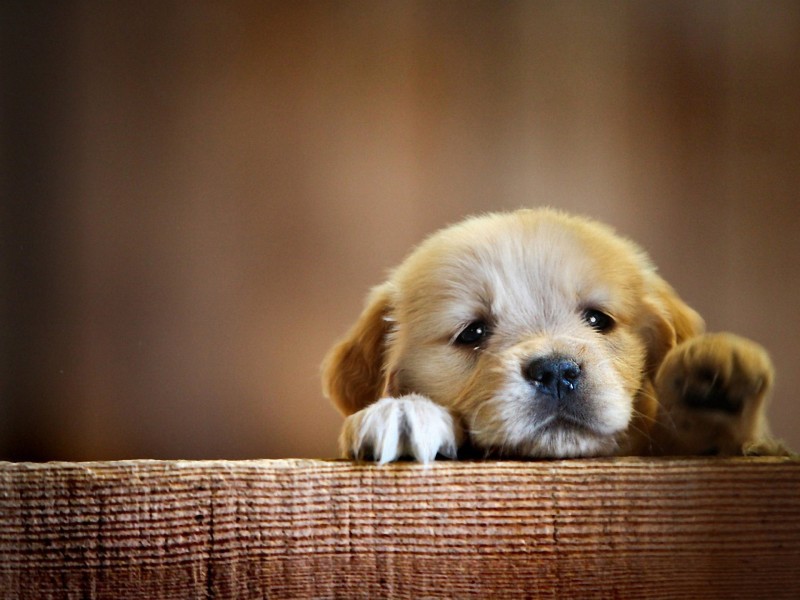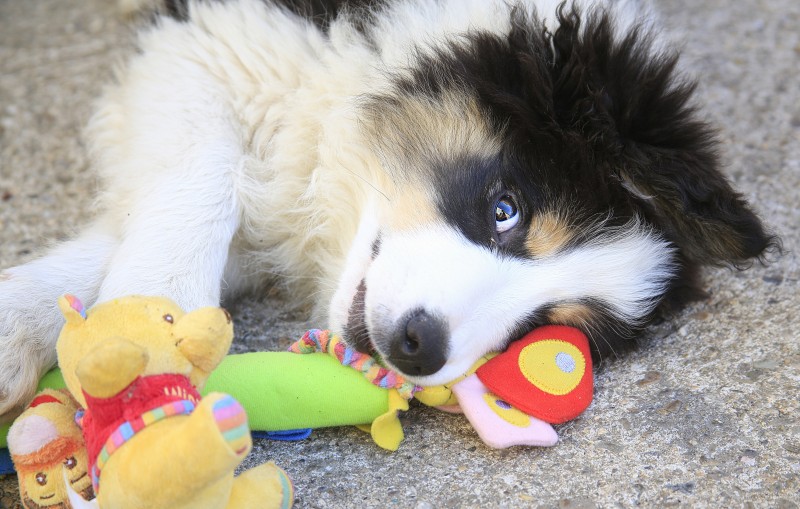The early days of a puppy’s life are a crucial period for shaping their behavior and setting them up for success as adult dogs. One of the most effective tools in this process is the use of puppy home toys. When used strategically, these toys can aid in training, encourage socialization, and promote positive long-term behavioral development. Let’s take a look at how these toys can play a vital role in your puppy’s early learning and growth.

Puppy home toys are a fantastic tool for reinforcing good behavior through positive rewards. Using toys as a reward for obeying commands or demonstrating good behavior helps puppies associate positive actions with fun and pleasure. This creates a strong connection between learning and enjoyment, motivating your puppy to repeat the desired behaviors.
Positive reinforcement is one of the most effective training techniques for puppies. When they see that good behavior leads to rewards such as playtime with their favorite toy, they are more likely to repeat those behaviors, reinforcing the lessons learned.
Puppy home toys can also aid in socializing puppies with other pets and people. Interactive toys, like treat-dispensing balls or toys that engage multiple senses, encourage puppies to interact with their environment and other animals. This helps them become accustomed to different people, animals, and situations in a safe and controlled manner.
Proper socialization is essential for a puppy’s emotional and behavioral development. Toys that encourage socialization help puppies learn to interact appropriately with other dogs, people, and environments, fostering positive relationships and reducing fear or aggression as they grow.
During their teething stage, puppies often chew on everything they find, including your shoes or furniture. Puppy home toys made from safe, chewable materials can help teach bite inhibition by offering an appropriate outlet for this natural instinct. Over time, puppies learn the difference between acceptable and unacceptable chewing behaviors.
Teaching bite inhibition early on helps puppies develop good habits and reduces destructive chewing in the future. Providing chew toys during the teething phase gives puppies a healthy outlet and promotes self-control, making them more manageable as they grow.

Toys that involve puzzles or challenges, such as treat dispensers or toys with hidden compartments, are excellent for stimulating a puppy’s cognitive abilities. These toys engage their minds, encouraging them to problem-solve and think critically. This not only keeps puppies entertained but also helps them develop their intelligence and ability to process information.
A mentally stimulated puppy is a well-behaved puppy. Engaging with puzzle toys helps build a puppy’s problem-solving skills, which enhances their ability to learn commands and adjust to new environments. Cognitive development plays a significant role in overall behavioral stability.
By introducing toys that offer both comfort and challenge, puppies are encouraged to explore and play independently. A puppy that feels confident with their toys is less likely to develop anxiety or exhibit fearful behavior in new situations. This builds a foundation for a puppy that is comfortable being alone, traveling, or handling new experiences.
Confidence is key to a well-adjusted dog. Toys that encourage independence help puppies feel secure when they are not around their owners. As puppies become more confident in their abilities, they are less likely to display signs of separation anxiety or fear-based behaviors.
Copyright ©2023 All Rights Reserved by Ningbo Makorn Pet Products Co., Ltd